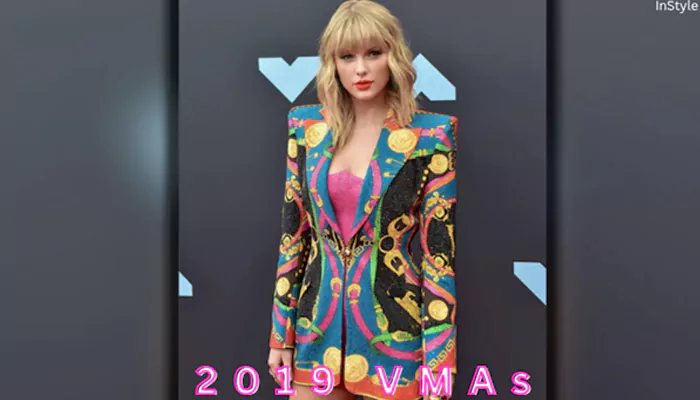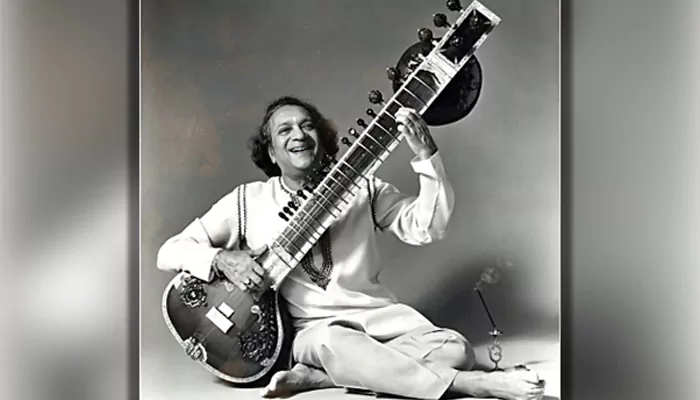Nigeria's New Age Celebrities: Exploring The Rise of Social Media Influencers
- Gurpreet
- 1 year ago
- 3 minutes read

Unlike traditional celebrities, social media influencers have built their brands through online engagement, and relatability.
In the last decade, the cultural and social landscape of Nigeria has undergone a significant transformation, driven in large part by the rise of social media influencers. These digital content creators have emerged as new-age celebrities, redefining fame, influence, and entrepreneurship in ways that are profoundly reshaping Nigerian society.
The Emergence of Social Media Influencers
The advent of platforms such as Instagram, Twitter, Facebook, and YouTube provided Nigerians with unprecedented opportunities for self-expression and entrepreneurship. Unlike traditional celebrities who rose to fame through television, music, or film, social media influencers have built their brands through consistent online engagement, and relatability.
The appeal of these influencers lies in their ability to connect with audiences on a personal level, and unlike film stars or musicians, influencers are perceived as more approachable and authentic. They share their lives, and experiences directly with their followers, and it fosters a sense of community that traditional media often lacks.
Redefining Celebrity and Influence
In Nigeria, the concept of celebrity has evolved significantly with the rise of social media. Previously, fame was largely confined to those in the entertainment industry—actors, musicians, and comedians. However, social media has allowed individuals from various backgrounds to gain recognition.
Fashion enthusiasts, beauty gurus, comedians, tech reviewers, fitness experts, among others, have been sharing their personal journeys and have gained significant followings. Influencers like Toke Makinwa, a media personality and author, and Dimma Umeh, a beauty and lifestyle vlogger, have become household names. These influencers have created a new paradigm where influence is not necessarily tied to traditional notions of talent or industry success but rather to one’s ability to engage and mobilise a digital audience.
Economic Opportunities
The rise of social media influencers has also had a profound impact on Nigeria's economy as well. As brands recognise the power of digital marketing, influencers have become partners in advertising campaigns. Companies leverage the trust they have built with their followers to promote products and services, unlike traditional advertising methods.
These digital creators now have new revenue streams, from sponsored posts and brand endorsements to merchandise sales and digital products. For instance, Nigerian influencers like Akin Faminu, a fashion blogger, and Sisi Yemmie, a food and lifestyle vlogger, have collaborated with major brands, which have, in turn, contributed to the growth of the Nigerian digital economy.
Social and Cultural Influence
Social media influencers in Nigeria are also shaping cultural narratives and social norms, and setting the tone for what is deemed stylish or desirable. They have also been using social media platforms to address important social issues, such as gender equality, mental health, and political activism.
Furthermore, influencers from different regions, ethnicities, and social backgrounds are sharing their stories, thereby promoting a more inclusive narrative of what it means to be Nigerian.
Challenges
Despite their growing influence, social media influencers face several challenges, and critics argue that the focus on materialism, luxury lifestyles, can create unrealistic expectations among young people. Another challenge is the sustainability of influencer careers, considering the fast-paced nature of social media where trends and tastes can change rapidly. As more people enter the space, competition increases, making it more challenging for influencers to maintain their status.
Nonetheless, these new-age celebrities are redefining what it means to be influential, and its impact on Nigerian society is undeniable.












